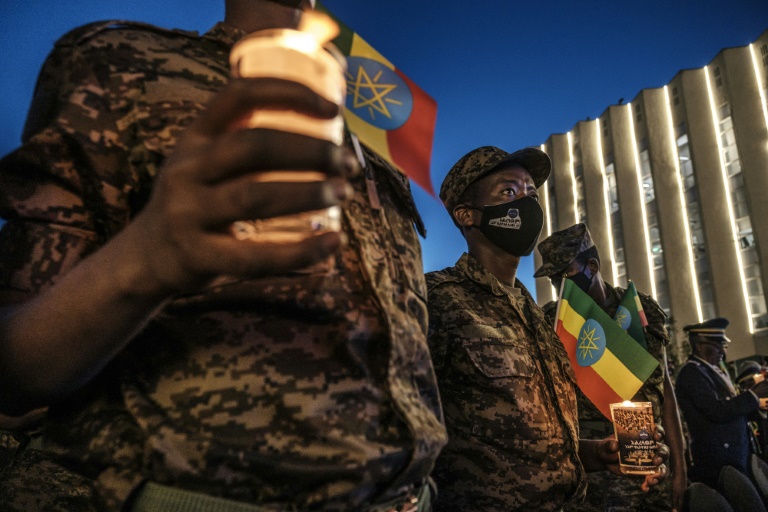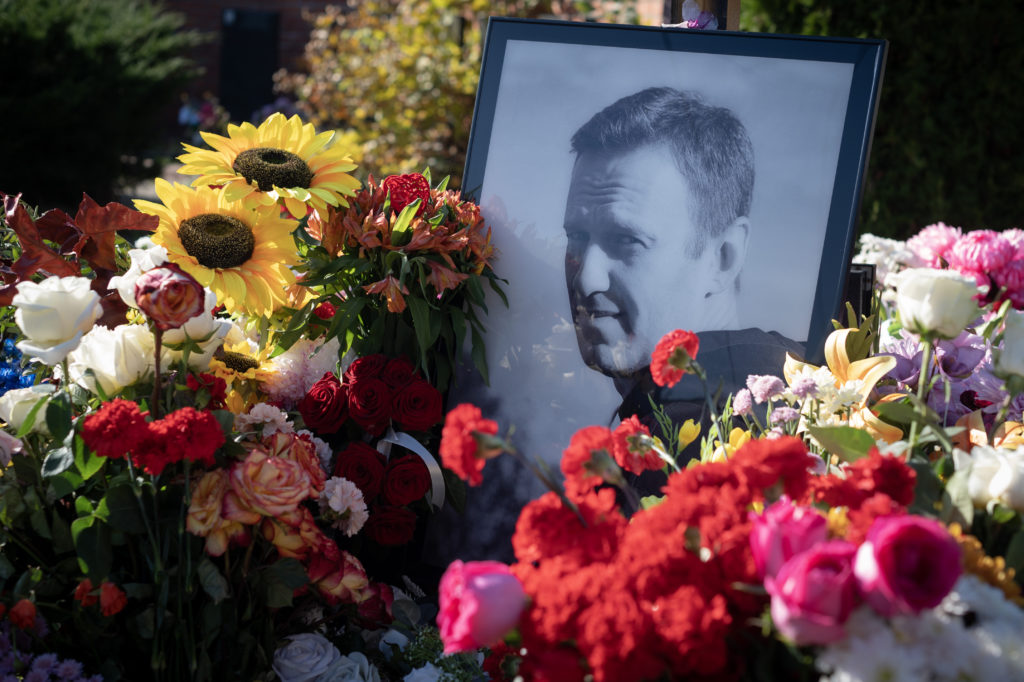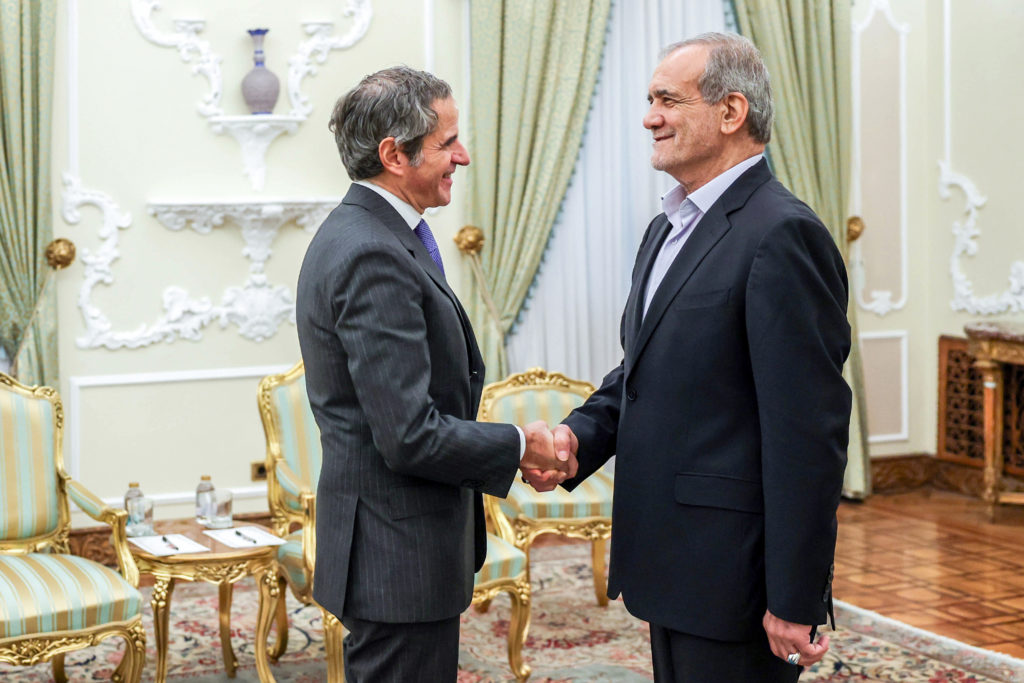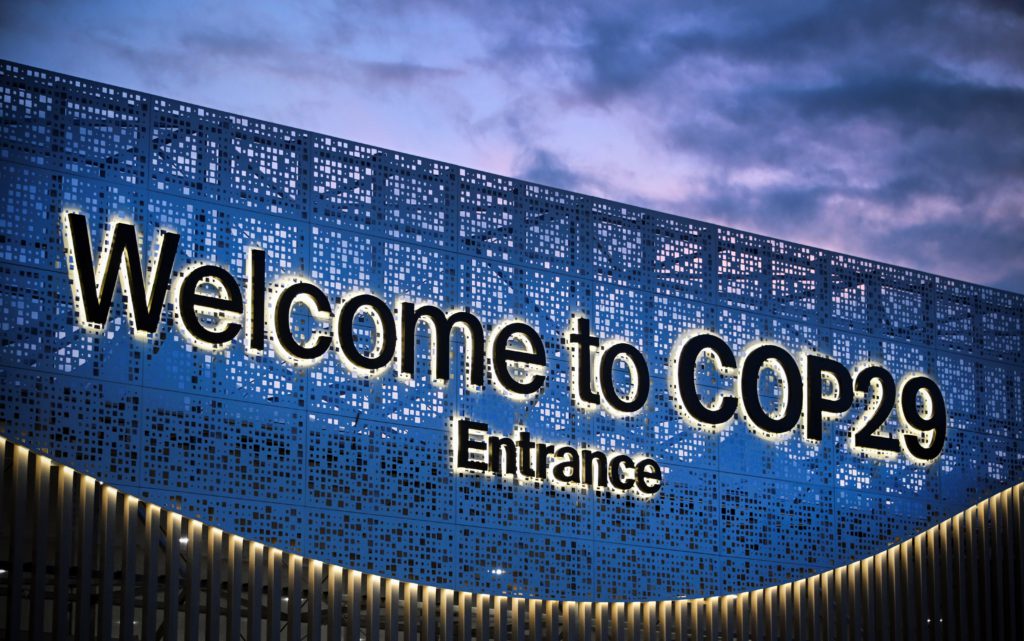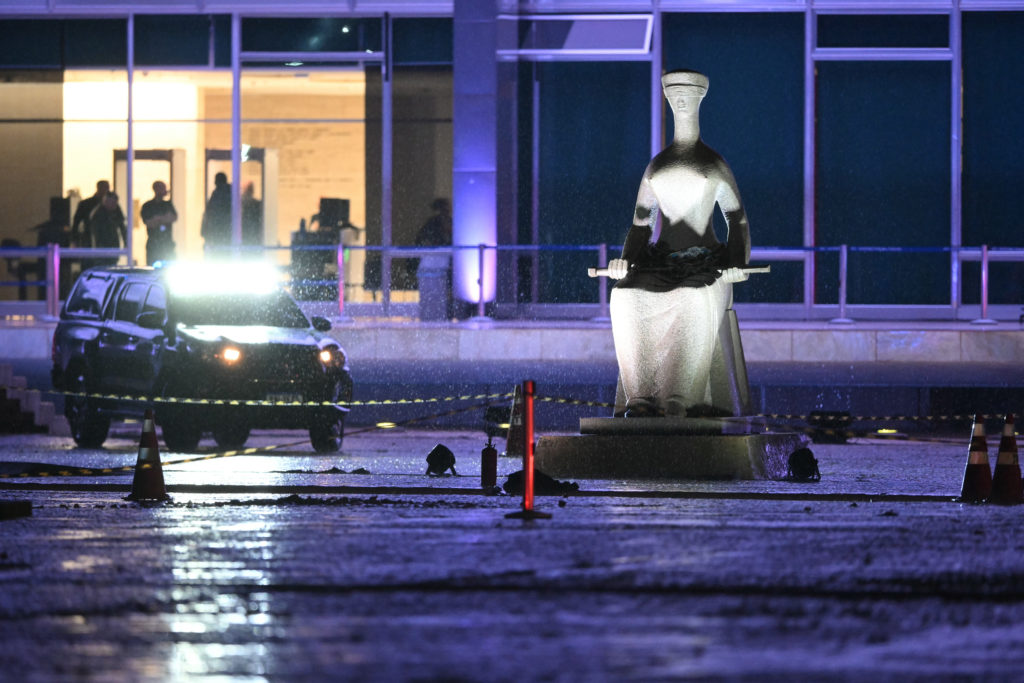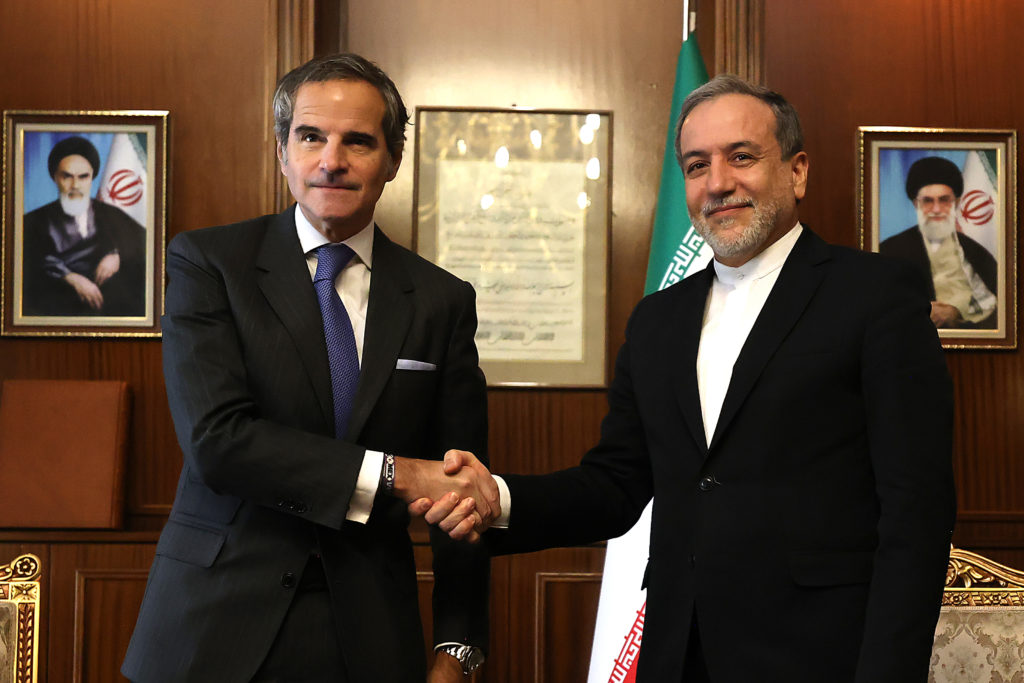Ethiopian lawmakers on Thursday endorsed a state of emergency after rebels advanced on the capital, sparking a US warning that an aid crisis that has already plunged hundreds of thousands into hunger could worsen further.
A year to the day since Prime Minister Abiy Ahmed deployed troops in the northernmost region of Tigray, the Tigray People’s Liberation Front (TPLF) rebel fighters are now just a few hundred kilometres from Addis Ababa.
Abiy’s government has been locked in a war for the past year with the TPLF, which dominated national politics before he took office in 2018.
The 2019 Nobel Peace laureate promised a swift victory, but by late June the rebels had retaken most of Tigray and expanded into the neighbouring regions of Afar and Amhara.
The TPLF announced late Wednesday it had reached the town of Kemissie in Ethiopia’s Amhara region, some 325 kilometres (200 miles) northeast of the capital.
Spokesman Getachew Reda said the TPLF was working in the area alongside the Oromo Liberation Army rebel group, which on Wednesday predicted Addis Ababa could fall in a matter of weeks.
But a senior official from Washington’s humanitarian arm USAID warned of grave repercussions for Ethiopia’s already acute aid problems.
“We can only assume that any march towards Addis would spread increased displacement, increased need and increased suffering for the Ethiopian people,” the official told AFP.
“It would certainly increase the need for humanitarian assistance while also complicating the ability to provide that assistance.”
The US has called on all parties to cease hostilities, and its top envoy for the Horn of Africa, Jeffrey Feltman, was due to arrive in Addis Ababa Thursday for two days of talks promoting peace and dialogue.
On Tuesday Abiy’s cabinet announced a six-month state of emergency that would allow authorities to conscript “any military age citizen who has weapons” and suspend media outlets accused of supporting the TPLF.
Lawmakers formally approved the measure Thursday, state-affiliated Fana Broadcasting Corporate reported.
The US embassy also announced Thursday it was authorising the voluntary departure of most staff and their families, although no one is obligated to leave.
“Travel to Ethiopia is unsafe at this time due to the ongoing armed conflict. Incidents of civil unrest and ethnic violence may occur without warning,” said an advisory posted on the embassy’s website.
– Facebook deletes Abiy post –
Washington has been among the most vocal critics of Ethiopia’s conduct of the year-long war in the country’s north.
But despite repeated calls for an end to violence, militant rhetoric has persisted from both sides.
Meta, the parent company of Facebook, said Wednesday it deleted a post by Abiy dated Sunday that called for Ethiopians to “bury” the TPLF.
A Meta spokesperson said the post was removed “for violating our policies against inciting and supporting violence”.
But in a separate post Wednesday that remains online, Abiy vowed “to bury this enemy with our blood and bones and uplift Ethiopia’s dignity”.
In September the US State Department condemned a speech by a prominent Abiy adviser which compared Tigrayan rebels to the Devil and said they should be “the last of their kind”.
– ‘Egregious humanitarian obstruction’ –
Ethiopia’s war has killed thousands and driven hundreds of thousands of people into famine-like conditions, according to UN estimates.
The East African bloc IGAD on Thursday joined international calls for a ceasefire, urging the warring parties to “resolve their differences”.
As fighting rages in Amhara and Afar, conditions in Tigray have deteriorated.
The region has been under a de facto humanitarian blockade since July, according to the UN, exacerbating fears of widespread famine.
Abiy’s government has blamed access restrictions on TPLF advances into neighbouring Afar and Amhara regions.
But on Thursday the US official accused Ethiopia of deliberate obstruction.
“We continue to see perhaps the most egregious humanitarian obstruction in the world affecting Tigray,” the official said.
“Practically no fuel, cash, medicine or medical supplies have entered in months, forcing humanitarians to scale back or halt their programmes completely.”
The official noted that no supplies at all have reached Tigray for the last two weeks, and that needs were also growing in Amhara and Afar.

